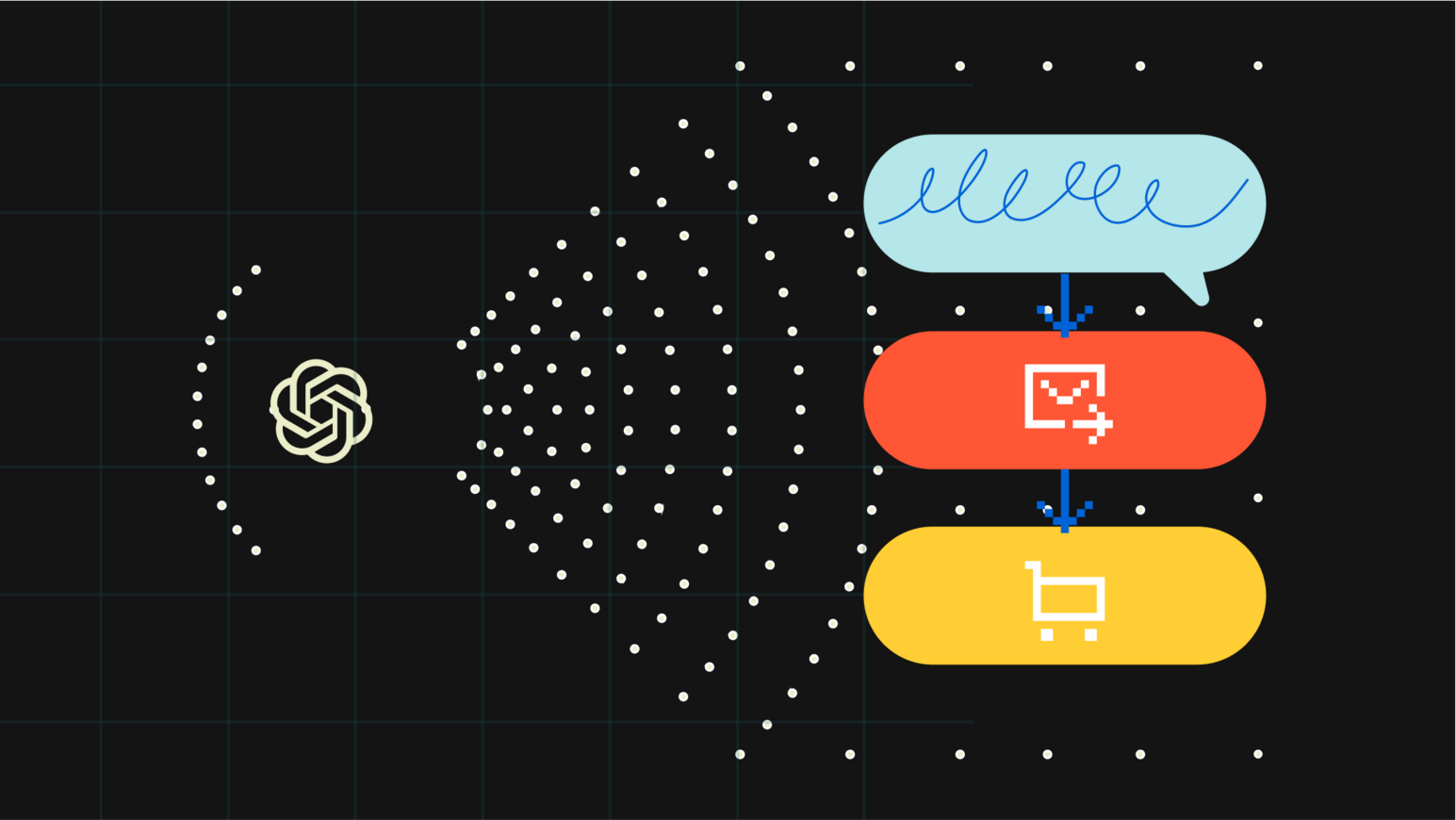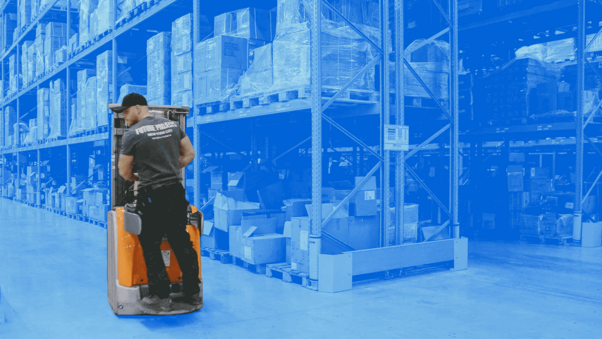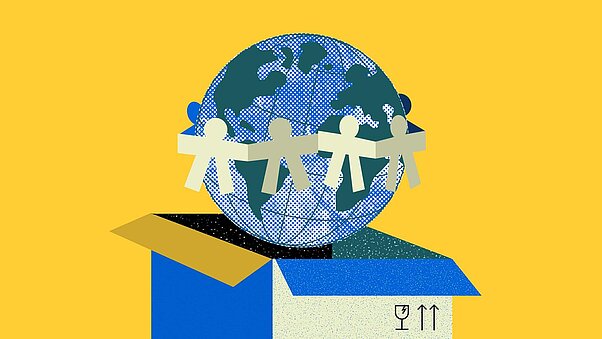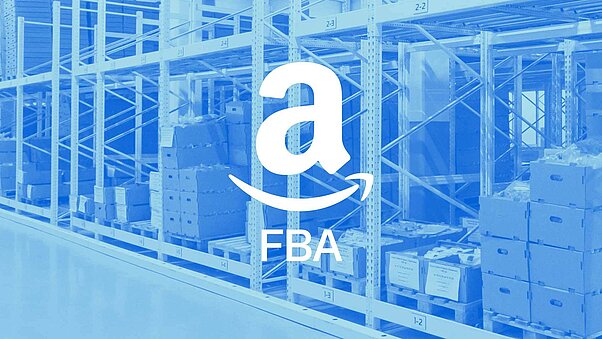How to use ChatGPT to automate your e-commerce marketing

In the dynamic landscape of digital marketing, ChatGPT has emerged as a game-changer. Its ability to understand and generate human-like text has opened up a plethora of opportunities for businesses, especially in the realm of ecommerce and marketing.
Let’s delve into the transformative impact of ChatGPT and explore how it can be harnessed for marketing automation to stay ahead in the competitive ecommerce industry.
The Rising Importance of ChatGPT in Marketing
ChatGPT’s advanced language processing capabilities have made it an invaluable asset for marketers. It can engage customers, generate creative content, and provide insights based on data analysis. As ecommerce continues to expand, the role of ChatGPT in shaping personalized shopping experiences and enhancing customer service through conversational AI is becoming increasingly crucial. Moreover, ChatGPT offers significant potential in the realm of marketing.
Overview of Marketing Automation:
Marketing automation is the technological backbone of modern ecommerce. It streamlines marketing efforts, from automated campaign optimization in platforms like Google Ads or Meta to automated SEO improvements for huge ecommerce sites.
By automating routine tasks, businesses can focus on strategy and innovation, ensuring they remain competitive and responsive to market changes.
The Diversity of Marketing Automation
Marketing automation encompasses a wide range of activities:
- Campaign Optimization: Tools that automatically adjust bids and target audiences to maximize ROI.
- SEO Optimization: Automation that maintains and optimizes product titles and descriptions across numerous pages.
- Content Creation: AI-driven creation of relevant content to attract traffic or convert visitors into leads, by offering white papers and such.
- Data Analysis: Automated high level interpretation of marketing data or reports to help on strategic decision making.
Traditional Marketers VS Marketers using Automation & ChatGPT
In today’s fast-paced digital landscape, the speed at which marketers operate can significantly impact their success. Marketers leveraging automation tools and AI, such as ChatGPT, are able to streamline their workflows, enhance productivity, and stay ahead of the competition. These tools enable marketers to quickly generate high-quality content, analyze data, and engage with customers, all of which are crucial for maintaining a competitive edge.
For instance, creating engaging blog posts, social media content, and ad copy can be time-consuming. With ChatGPT, marketers can produce these materials in a fraction of the time it would take manually.
This not only speeds up the content creation process but also allows for more consistent and frequent posting, which is essential for maintaining audience engagement.
Moreover, automation tools can handle repetitive tasks such as scheduling posts, sending follow-up emails, and generating performance reports.
This frees up valuable time for marketers to focus on strategic planning and creative thinking. The ability to quickly analyze data and gain insights into campaign performance also means that marketers can make informed decisions faster, optimizing their strategies in real-time.
On the other hand, marketers who do not utilize these tools may find themselves struggling to keep up. The manual approach to content creation, data analysis, and customer engagement is not only slower but also prone to errors.
This can lead to missed opportunities and a lack of responsiveness to market trends. As a result, these marketers may find it challenging to compete with those who are equipped with the latest technology.
Shopstory: Your Gateway to ChatGPT-Powered Automation
Shopstory is not just another tool; it’s a gateway to unlocking the full potential of ChatGPT in your marketing efforts. Its intuitive interface allows marketers to implement complex automation workflows with ease.
The Power of No-Code: The no-code movement is democratizing technology, and Shopstory is at the forefront. With its drag-and-drop interface, marketers can build custom automation flows without writing a single line of code to automate their workflows.
Integrating ChatGPT: Shopstory’s integration with ChatGPT means that you can leverage the capabilities of generative AI to enhance every aspect of your marketing automation.
6 Flows Featuring ChatGPT in Shopstory
- Automated Product Titles: Generate or improve product titles for shop systems using ChatGPT.
- Automated Product Descriptions: Create compelling product descriptions that resonate with customers.
- Content Suggestions: Identify blog topics and content pieces for organic search terms.
- Keyword Generation: Discover new keywords for Google Ads campaigns.
- Sync Shopify & Google Feed: Automatically synchronize your Google Shopping and Shopify product feeds.
- Automated Ads Reporting: Summarize and interpret ads reports, providing actionable insights.
Conclusion: The Future of Marketing Automation with ChatGPT
The future of marketing automation is here, and it’s powered by AI. ChatGPT, integrated within tools like Shopstory, is transforming how we approach marketing in ecommerce. It’s not just about automating tasks; it’s about enhancing creativity, personalization, and efficiency at an unprecedented scale.
As we continue to explore the capabilities of ChatGPT, the potential applications in marketing automation are only limited by our imagination. With no-code platforms like Shopstory, the power of AI is now in the hands of every marketer, enabling them to build and realize their ideas with remarkable ease.
In this rapidly changing digital landscape, embracing AI-driven tools like ChatGPT is essential to stay competitive. The future is bright, and the opportunities are boundless – let’s innovate together.
If you are interested in other marketing automations that use ChatGPT, just follow the link below.
Sources
Provided by Christian Wawer from Shopstory
Edited by LOGSTA / Quivo
August 2024





